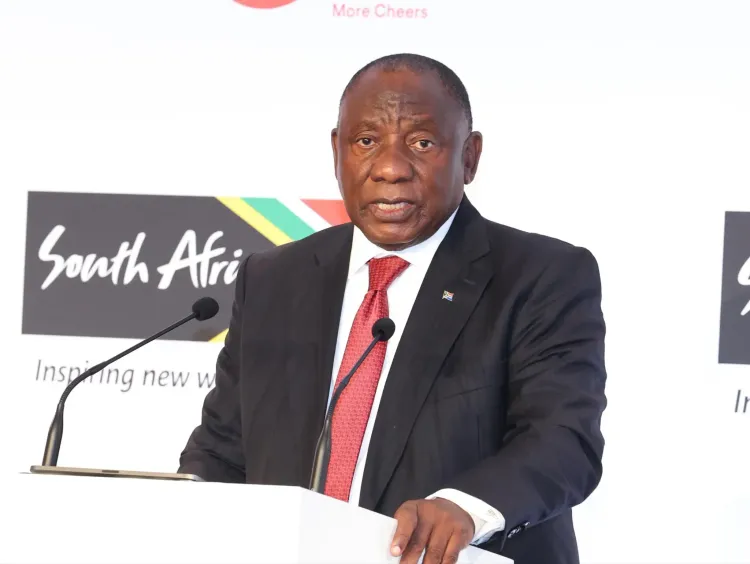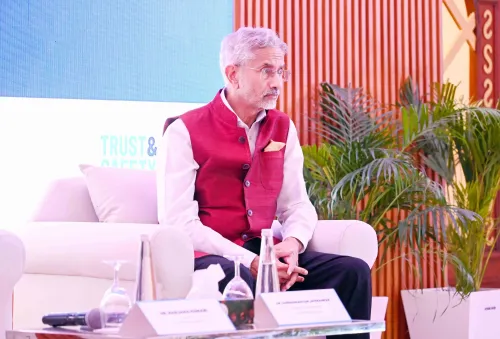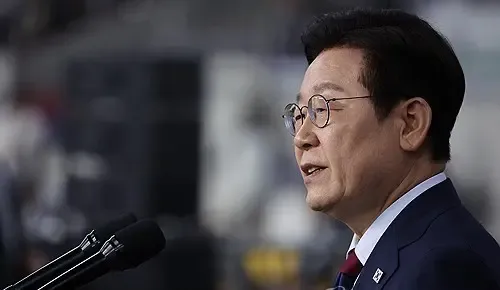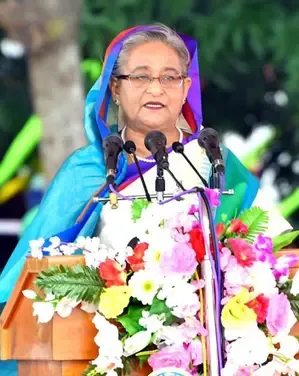South African President Formalizes Expropriation Bill

Synopsis
Key Takeaways
- Cyril Ramaphosa signed the Expropriation Bill into law.
- The bill allows for the expropriation of land in the public interest.
- It repeals the pre-democratic Expropriation Act of 1975.
- The DA plans to challenge this decision legally.
- Government must negotiate before expropriating property.
Johannesburg, Jan 25 (NationPress) South African President Cyril Ramaphosa has officially enacted the Expropriation Bill, granting public entities the authority to expropriate land for the public good.
The Presidency announced that this legislative action repeals the outdated Expropriation Act from 1975, as reported by Xinhua news agency.
According to the Presidency's statement late Thursday, Section 25 of the Constitution acknowledges expropriation as a vital tool for the state to acquire private property for public purposes, provided that fair and equitable compensation is given.
The bill's enactment has garnered support from various political factions, notably the African National Congress. Conversely, the opposition party Democratic Alliance (DA) has indicated plans to contest the decision in court.
Willie Aucamp, a member of parliament from the DA, stated, "While we acknowledge that the Constitution permits acts of redress and restitution, we harbor significant concerns regarding both the procedural aspects and crucial elements of the bill. We are currently consulting with our legal team to prepare our case.”
The legislation mandates that the government may only seize property after attempting to negotiate a fair agreement with the landowner. It allows local, provincial, and national authorities to expropriate land for public use.
The Presidency emphasized that no property can be taken arbitrarily or for purposes other than public benefit, insisting that negotiations with property owners must precede any expropriation.
Describing the legislation as "ground-breaking," Sihle Zikalala, the deputy minister of public works and infrastructure, asserted that it would facilitate land access for socio-economic advancement. "This law will realistically steer South Africa towards economic transformation and inclusive growth,” Zikalala added.
Sandile Swana, an independent political analyst, remarked that the bill elaborates on Section 25 and other related constitutional sections regarding property expropriation in South Africa, clarifying that it neither introduces new rights nor removes existing ones.









